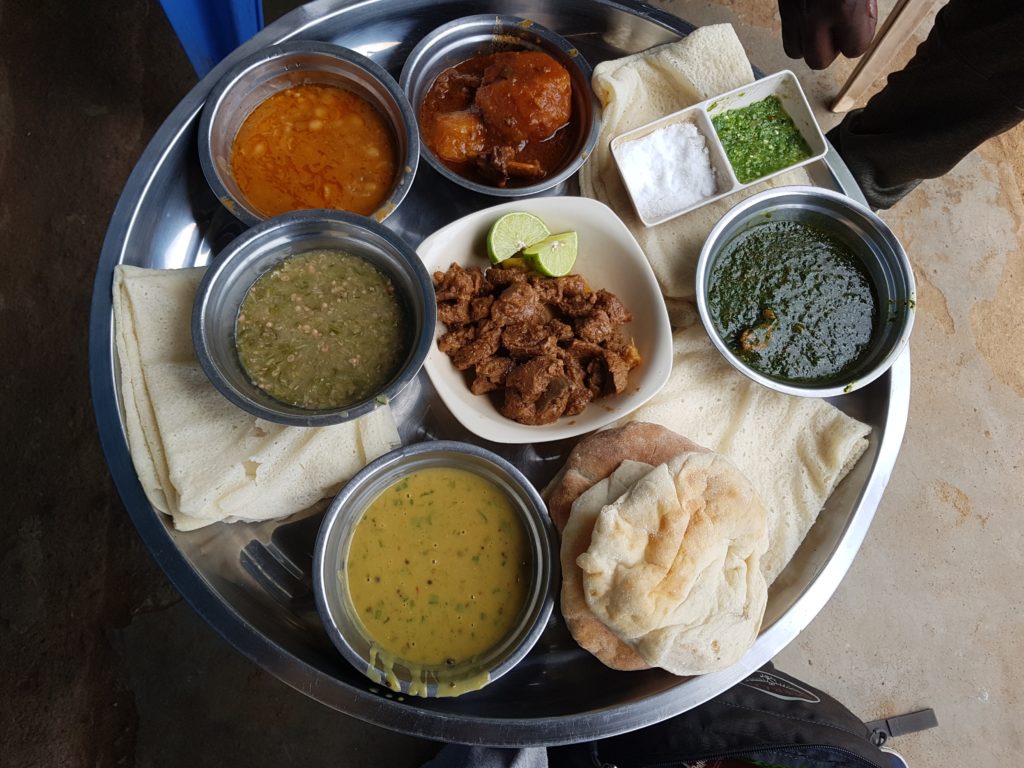Introduction: Understanding South Sudanese Food Culture
South Sudanese cuisine is diverse and influenced by both its neighboring countries and local traditions. The country’s food culture is centered on communal dining, where meals are often shared among family, friends, and guests. South Sudanese meals usually consist of a carbohydrate base, such as sorghum, millet, or rice, and are accompanied by stews, soups, or sauces made with a variety of vegetables, meats, or fish.
Traditional Food Customs in South Sudan
South Sudanese food customs vary according to the ethnic group and region. However, some common practices include the use of hand-held utensils, such as spoons or forks, or directly using one’s hands to scoop food from a communal bowl. In some parts of the country, it is customary to serve visitors first, followed by elders and then children. Additionally, it is a sign of respect to offer food to guests and share meals with neighbors.
Etiquettes to Observe While Dining in South Sudan
When dining in South Sudan, it is important to wash your hands before and after the meal. It is also considered polite to wait for the host to invite you to take a seat and begin eating. While sharing meals, avoid using your left hand to touch food or utensils, as it is considered unclean. Additionally, it is customary to finish all the food on your plate, as leaving food behind may be interpreted as a sign of disrespect.
Observing Mealtime Routines in South Sudan
South Sudanese mealtime routines vary depending on the region and time of day. Breakfast is usually a light meal consisting of tea, bread, or porridge. Lunch and dinner are typically more substantial and involve communal dining. In some parts of the country, it is customary to eat with hands while sitting on the floor or on mats. In urban areas, however, modern dining tables and chairs are increasingly common.
Essential Dining Phrases to Know in South Sudanese
Learning some basic phrases in the local language, such as Juba Arabic, can be helpful when dining in South Sudan. Here are some essential phrases to know:
- Hello: Marhaba
- Thank you: Shukran
- Please: Min Fadlik
- Excuse me: Afwan
- Delicious: Tamam
Final Thoughts: Embracing South Sudanese Food Culture
South Sudanese food culture is rich and diverse and offers many opportunities to experience the country’s traditions and customs. By observing local food customs and etiquette, you can show respect and appreciation for the culture and make your dining experience more enjoyable. So, don’t be afraid to try new foods and embrace South Sudanese food culture.

